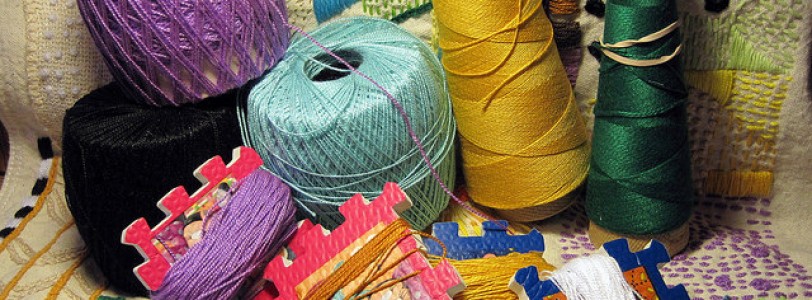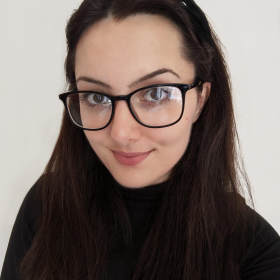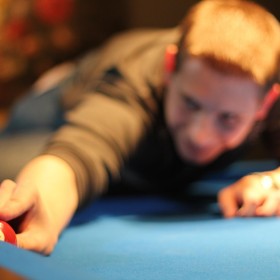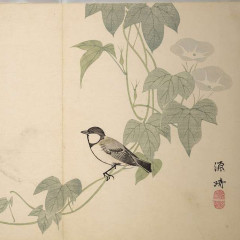Some parents are against their children taking creative art GCSEs and A levels. This issue concerning the arts interested me as I myself have taken one arts GCSE, Graphics, and I was aware of the pressure on my peers exerted by their parents to not take arts-focused GCSEs. Moreover it also made me wonder why I had done Graphics and what benefits it had given me.
In the first place there is often the belief around taking arts GCSEs and A levels that they are not required for life as more 'academic' subjects are considered to be more helpful to reach success in life, particularly economic. Yet the creativity demanded by structured study in the arts leads to a positive impact on all areas of the curriculum studied by an individual student. In my research I found that Wendy Earle from Birkbeck College, University of London, noted
"the claim is that arts help to create better individuals who are smarter, more socially adept and more economically adaptable."
I feel that this statement explains in part why I felt that studying an Arts GCSE was a positive experience for me. I feel that there is a difference between the everyday creativity of studying art at home as compared to following the more rigorous creativity which arises in an educational setting. It seems to me that many parents do not distinguish between this 'everyday' and the 'educational' types of creativity: it is thought that art is something that can just be arrived at without study.
I have researched the careers of two well-known UK artists, Tracey Emin and Damien Hirst. Both of them attended arts colleges and trained as artists in the more classical sense of studying form and line. This is perhaps a side-line to my discussion but I think that it shows that even 'artists' benefit from studying art in a formal educational environment. Clearly for these two artists their involvement in arts education was not just for the pleasure to be derived from participating in visual art forms and thinking, it has led them both to become thought-provoking and successful artists.
However the skills in critical thinking and creativity which are taught in arts education are life skills which seem to me to benefit the individual. My graphics projects have enabled me to experiment with thinking around issues in a way that is often not possible in my other subjects. This is partly because there cannot be one right and correct answer but I have found it enjoyable researching, designing and developing solutions to a given problem. It seems to me that many parents do not understand that studying Art is not just about learning how to draw or paint but also about problem-solving and how to approach different conundrums, more specifically that perseverance is required to get to the best solution in the end.
There is of course still an essential value in "art for art's sake" and in fact in the OECD paper on 'The Impact of Arts Education' published in 2013 the Centre for Educational Research and Innovation asserted that "the primary justification for arts education" should not be "the impact of arts education on other non-arts skills and on innovation in the jobs market". Nevertheless it seems to me that an increasingly competitive market for employment makes parents eager to see benefits for 'employability' in later life and it is therefore important to show that arts education can "strengthen students' academic motivation"(OECD) and ultimately employability.
In summary I believe that there are benefits to studying arts subjects which extend beyond the concept of art for the pleasure of doing art and that many parents are not aware of this. Art study for me has not only been about the visual impact of my final product but also about the journey, more particularly learning about myself and how to channel my thoughts in a meaningful way. Above all though I have enjoyed myself and learnt that that is OK.









What a great blog! A really interesting topic, and something that resonates with me personally too. I actually took 3 arts subjects at GCSE, textiles, art and photography, and they taught me so much more than one might expect. Like you, I learnt how to think critically, observe things beyond first glance, and I believe they opened me up emotionally too. I went on to do textiles A Level, and it taught me so, so much. Things that I think I simply couldn't have learnt from other subjects. Do you plan to progress into the creative industries within your further education?